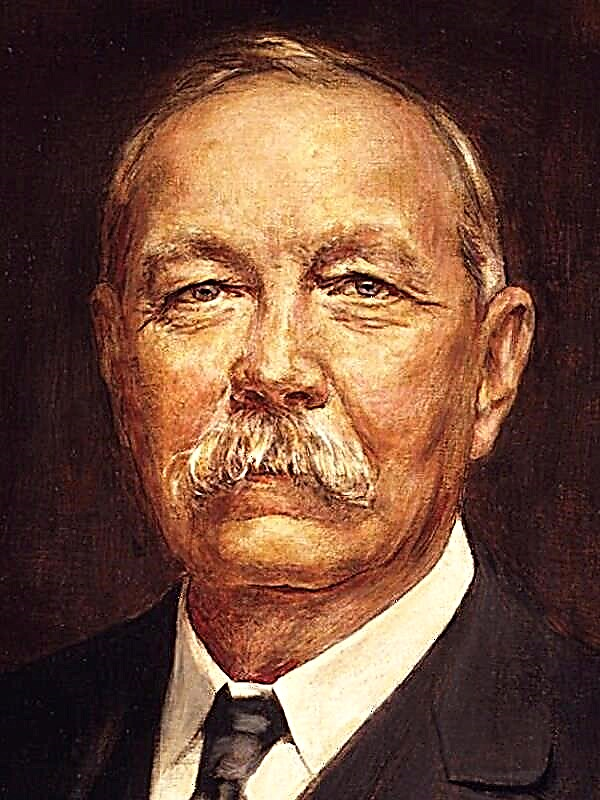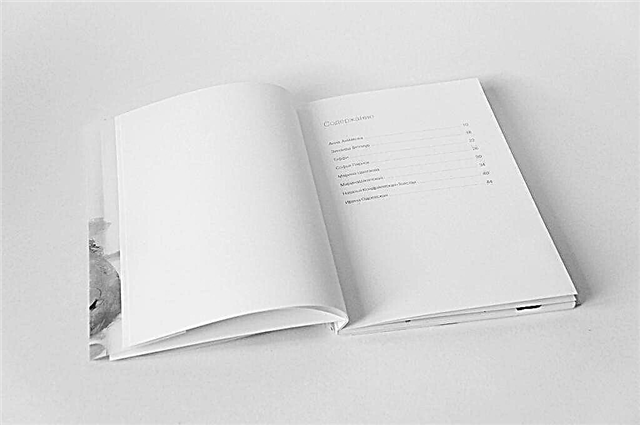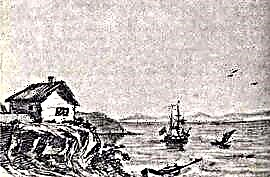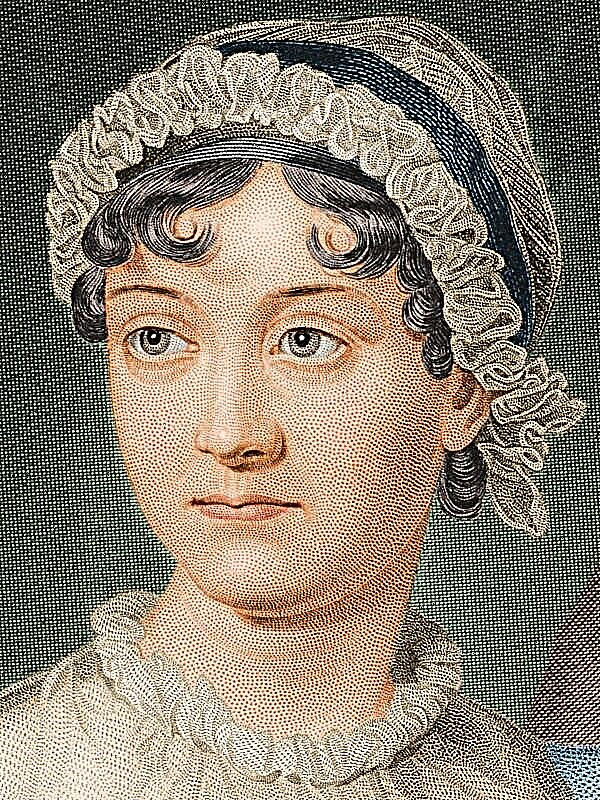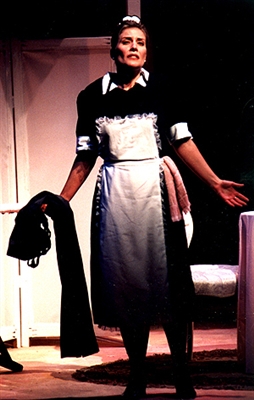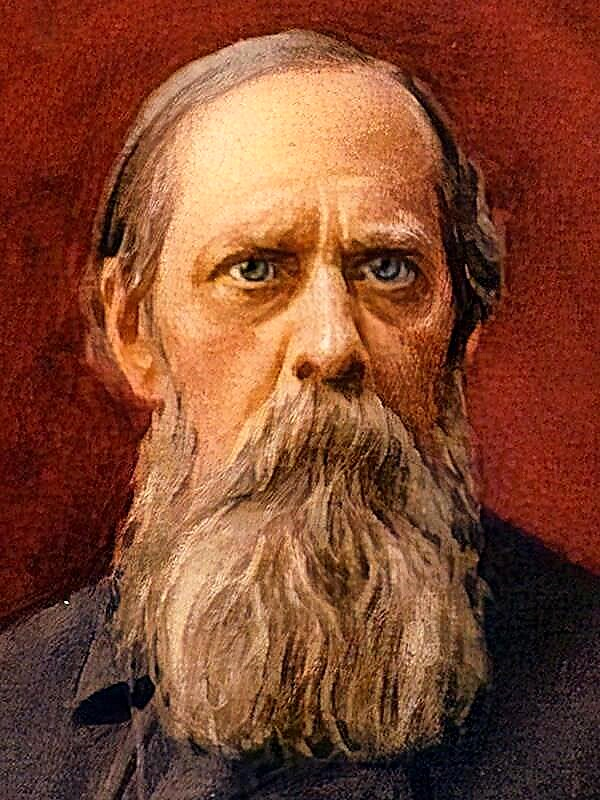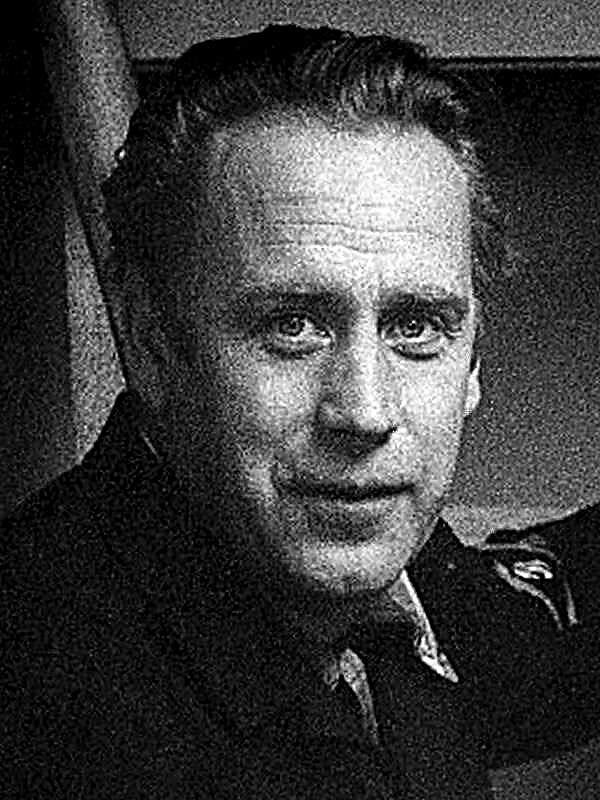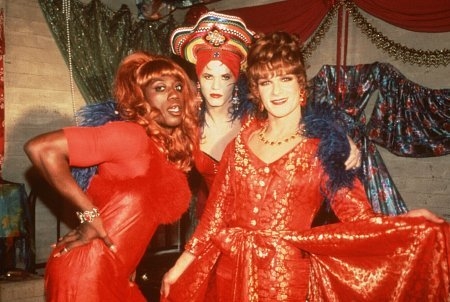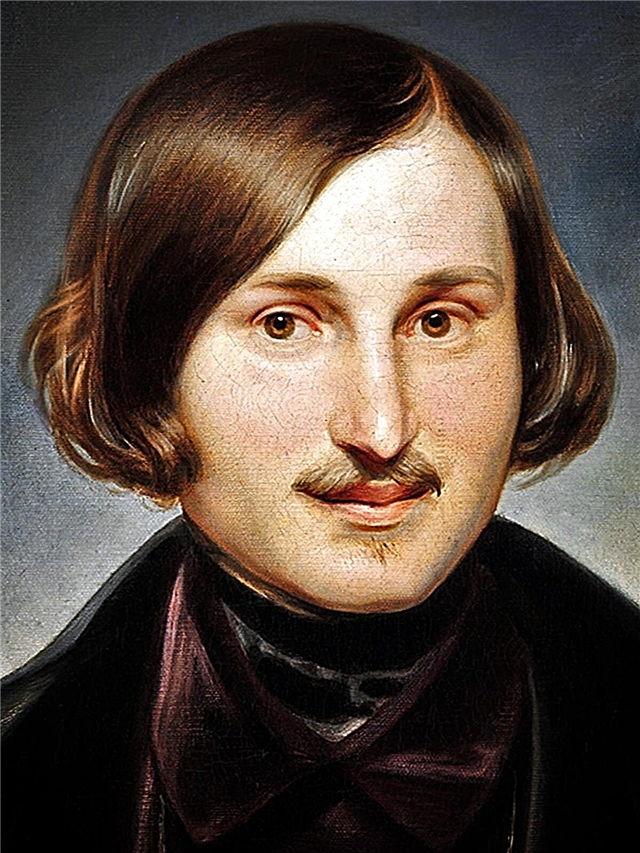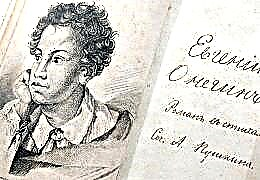February 20, 1598 It’s already a month since Boris Godunov shut himself up with his sister in a monastery, having left “all things worldly” and refusing to accept the Moscow throne. The people explain Godunov’s refusal to marry the kingdom in the spirit necessary for Boris: “He is afraid of the radiance of the throne.” Godunov’s game is well understood by the “crafty courtier”, the boyar Shuisky, with his perspicuously guessing further developments:
The people will still howl and cry
Boris still frowns a little, [...]
And finally, by her grace
Accept the crown humbly agrees ...
Otherwise, "the blood of the prince-baby wasted in vain", in whose death Shuisky directly accused Boris.
Events are developing as predicted by Shuisky. The people, "that there are waves, a number near," fall on their knees and with "howl" and "cry" begs Boris to become king. Boris hesitates, then, interrupting his monastic retreat, assumes "Great power (as he says in his throne speech) with fear and humility."
Four years have passed. Night. In the cell of the Chudov Monastery, Father Pimen is preparing to complete the chronicle with "the last legend." A young monk Gregory awakens, sleeping right there in Pimen’s cell. He complains about the monastic life that he has to lead from his adolescent years, and envies Pimen's cheerful "youth":
You reflected the army of Lithuania under Shuisky,
You saw the courtyard and luxury of John!
Happy!
Exhorting the young monk (“I lived a long time and enjoyed a lot; / But since then I have only been blissful / How the Lord brought me to the monastery”), Pimen cites the example of kings John and Theodore, who sought reassurance “in the likeness of monastic writings”. Gregory asks Pimen about the death of Dimitri Tsarevich, the same age as a young monk — at that time Pimen was obedient in Uglich, where God brought him to see “evil deed”, “bloody sin”. As the "terrible, unprecedented grief" the old man perceives the election of the regicide to the throne. “This sad story”, he is going to complete his annals and pass it on to Gregory.
Gregory flees from the monastery, announcing that he will be "king in Moscow." This is reported by the abbot of the Chudov Monastery to the patriarch.
The patriarch gives the order to catch the fugitive and to send him to the Solovetsky monastery for eternal settlement.
The royal chambers. The king enters after a "favorite conversation" with the sorcerer. He is gloomy. For the sixth year he reigned “calmly”, but the possession of the Moscow throne did not make him happy. But Godunov’s thoughts and deeds were high:
I thought my people
In contentment, in glory to reassure, [...]
I opened the granaries to them, I am golden
He scattered them [...]
I built them new homes ...
The more disappointment befell him: "Neither the authorities nor life amuse me [...], I have no happiness." And yet, the source of the tsar’s grave mental crisis lies not only in his awareness of the futility of all his labors, but also in the throes of an unclean conscience (“Yes, he is pitiful in whom his conscience is unclean”).
Tavern on the Lithuanian border. Grigory Otrepyev, dressed in a mundane dress, sits at a table with black tramp Misail and Varlam. He leads the hostess to the road to Lithuania. Bailiffs come in. They are looking for Otrepyev, in their hands they have a royal decree with its signs. Gregory volunteers to read the decree and, reading it, replaces his signs with the signs of Misael. When the deception is revealed, he deftly escapes from the hands of a bewildered guard.
House of Vasily Shuisky. Among the guests of Shuysky is Athanasius Pushkin. He has news from Krakow from Gavrila Pushkin's nephew, whom he shares with the owner after the guests leave: at the court of the Polish king Dimitri appeared, "a sovereign lad, killed after Boris mania ...". Dimitri was “smart, affable, adroit, like everyone”, the king brought him closer to himself and, “they say, he promised to help.”For Shuisky, this news is “important news!” and if it reaches the people, then to be a great thunderstorm. "
The royal chambers. Boris learns from Shuisky about the impostor that appeared in Krakow, and "that the king and the lords are for him." Hearing that the impostor pretends to be Tsarevich Dimitri, Godunov begins in an excitement to question Shuisky, who investigated this case in Uglich thirteen years ago. Reassuring Boris, Shuisky confirms that he saw the murdered prince, but among other things he also mentions the incorruptibility of his body - for three days the corpse of Dimitry Shuisky “visited [...] in the cathedral, but the prince’s face was clear, / And fresh and quiet, as if lulled. "
Krakow. In Vishnevetsky’s house, Gregory (now he is the Pretender) seduces his future supporters, promising each of them what he expects from the Pretender: the Jesuit Chernikovsky promises to subjugate Russia to the Vatican, the fugitive Cossacks promise liberty, the disgraced servants of Boris - retribution.
In the governor’s castle Mniska in Sambir, where the Pretender stops for three days, he gets “on the net” of his lovely daughter Marina. Having fallen in love, he confesses to her imposture, as he does not want to "share his mistress with the dead man." But Marina does not need the love of a runaway monk, all her thoughts are directed to the Moscow throne. Having appreciated the “impudent deception” of the Impostor, she insults him until he awakens his self-esteem and gives him a proud rebuke, calling himself Dimitri.
October 16, 1604. An impostor with regiments approaches the Lithuanian border. He is tormented by the thought that he “called the enemies to Russia”, but immediately finds an excuse: “But let my sin not fall on me - But on you, Boris regicide!”
At a meeting of the Tsar’s Duma, it is a question of the fact that the Pretender had already besieged Chernigov. The tsar gives Shchelkalov the order to send "all orders to the governors" so that "people [...] are sent to the service." But the most dangerous thing - the rumor of the Pretender caused "alarm and doubt," "in the squares the rebellious whispers roam." Shuisky volunteers himself to reassure the people, revealing the "evil deceit of the tramp."
On December 21, 1604, the army of the Pretender defeated the Russian army near Novgorod-Seversky.
The square in front of the cathedral in Moscow. In the cathedral, a mass just ended, where the anathema to Gregory was proclaimed, and now they sing "eternal memory" to Tsarevich Demetrius. People are crowding in the square, the holy fool Nikolka is sitting at the cathedral. The boys tease him and take a pretty penny. The king comes out of the cathedral. Nicholas turns to him with the words: "Nicholas is offended by small children [...] They led them to kill, as you slaughtered a little prince." And then, in response to the king’s request to pray for him, he throws after him: “No, no! you can’t pray for King Herod - the Virgin doesn’t order. ”
At Sevsk, the army of False Dmitriy is “completely” defeated, but the catastrophic defeat does not at all plunge the Pretender into despair. “Providence preserves it, of course,” summarizes the impostor's ally Gavril Pushkin.
But this victory of the Russian troops is "futile." “He again gathered the scattered army,” says Boris Basmanov, “and he threatens us from the walls of Putivl.” Dissatisfied with the boyars, Boris wants the governor to put an unhappy, but smart and talented Basmanov. But a few minutes after talking with Basmanov, the tsar “fell ill”, “He sat on the throne and suddenly fell - / Blood gushed out of his mouth and from his ears.”
The dying Boris asks him to be left alone with the prince. Lovingly loving his son and blessing him to reign, Boris seeks to take full responsibility for what he has done: “You will now rightfully reign. I, I will answer God for all alone ... "
After the king's parting words, the patriarch, the boyars, the queen and the princess enter the son. Godunov takes the oath of oath from Basmanov and the boyars to serve Theodore “zeal and truth”, after which a ceremony of tonsure is performed on the dying man.
Rate. Basmanov, highly elevated by Theodore (he “commands the army”), talks with Gavrila Pushkin.He offers Basmanov on behalf of Demetrius "friendship" and "first dignity in it in the Moscow kingdom," if the governor sets "an example of the prudent Demetrius to proclaim the king". The thought of a possible betrayal terrifies Basmanov, and yet he begins to hesitate after Pushkin’s words: “But do you know how strong we are, Basmanov? Not by army, no, not by Polish help, But by opinion; Yes! popular opinion. ”
Moscow. Pushkin at the Forefront is addressing the “Moscow citizens” from Tsarevich Dimitry, to whom “Russia submitted”, and “Basmanov himself repented with zeal for his regiments.” He calls on the people to kiss the cross “to the rightful ruler”, to beat “with a brow to the father and the sovereign”. After him, a man rises on a pulpit, throwing a cry into the crowd: “People, people! to the Kremlin! to the royal chambers! / Go! knit Borisov puppy! " The people, supporting the cry, “rushing in a crowd” with the words: “Knit! To drown! Long live Demetrius! / Let Boris Godunov’s family die! ”
Kremlin. Boris’s house has been taken into custody. At the window, Boris's children - Theodore and Ksenia. From the crowd there are cues in which pity for the tsar’s children comes through: “poor children, that the birds are in a cage”, “the father was a villain, and the children are innocent.” The moral shock of people is even stronger when, after a noise, a fight, a female screech, a boyar Mosalsky appears in the house on the porch with the message: “People! Maria Godunova and her son Theodore poisoned themselves with poison. We saw their dead bodies. (The people are silent in horror.) Why are you silent? shout: long live Tsar Dimitry Ivanovich! The people are silent. ”

